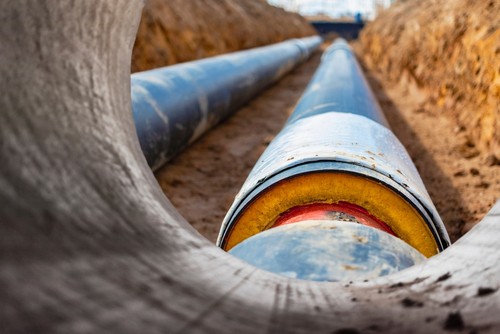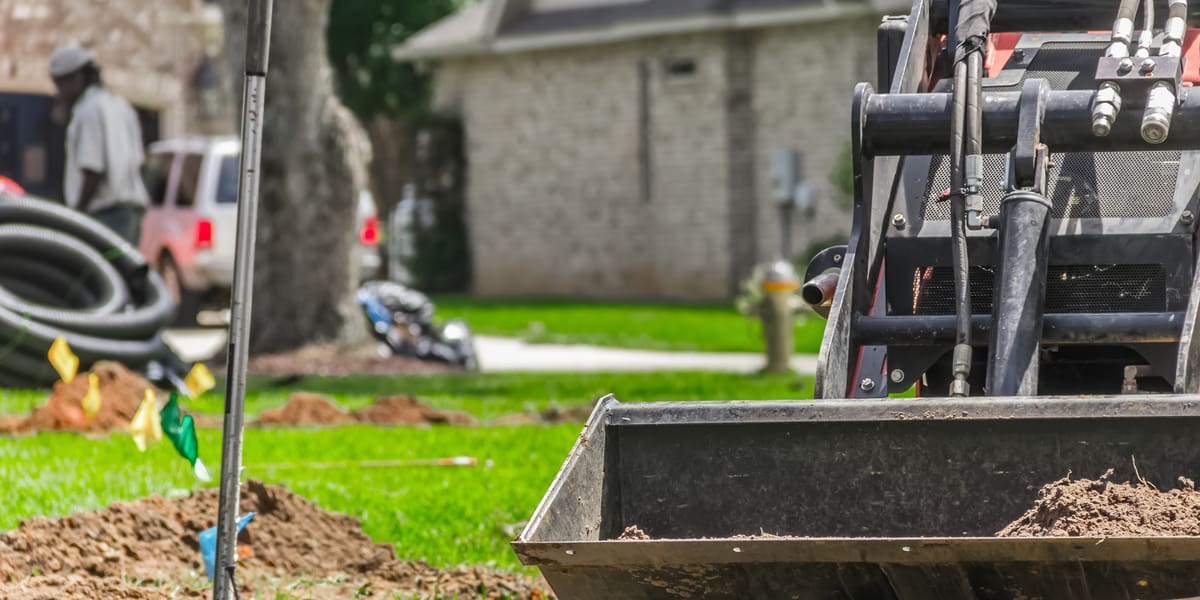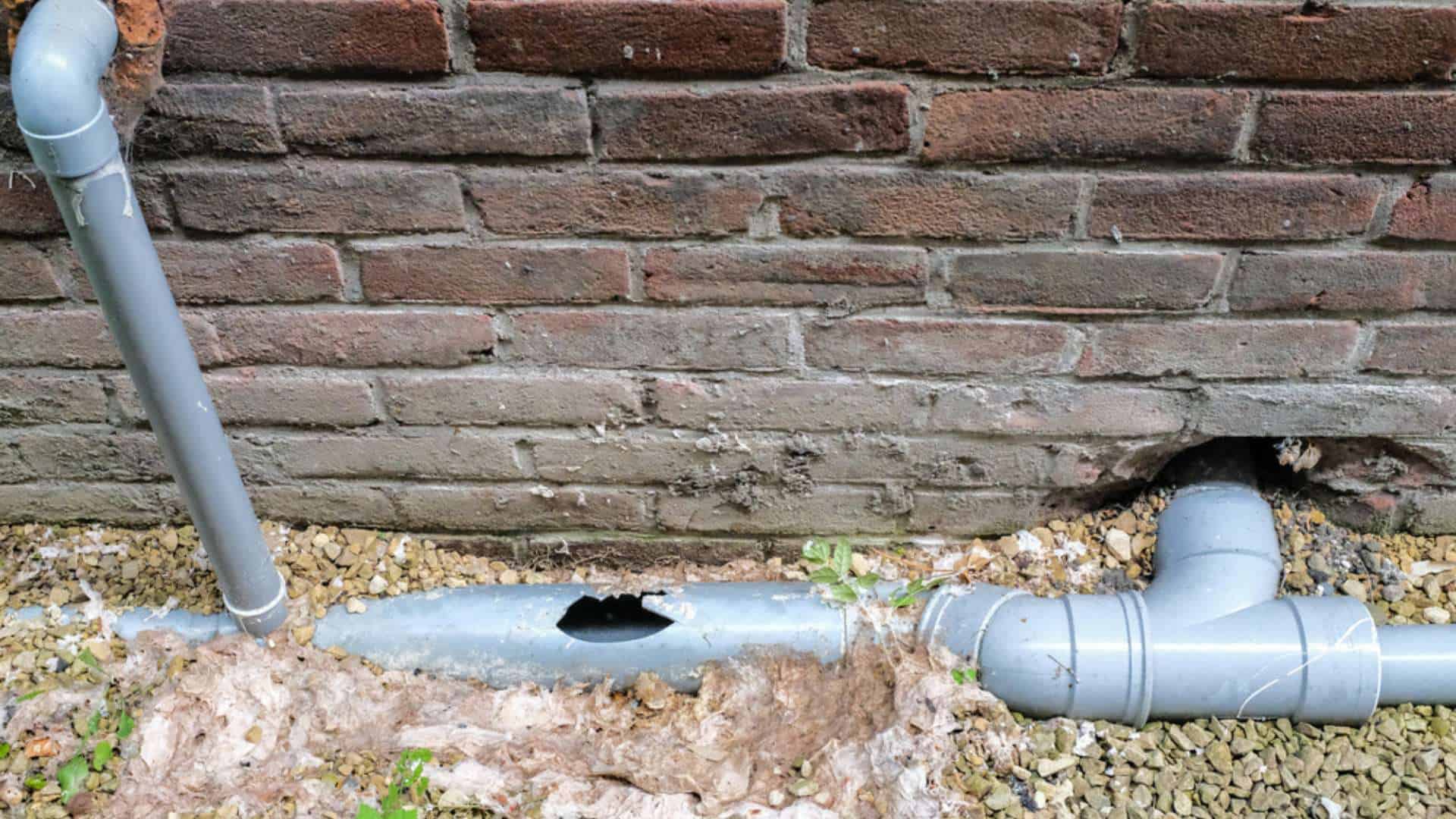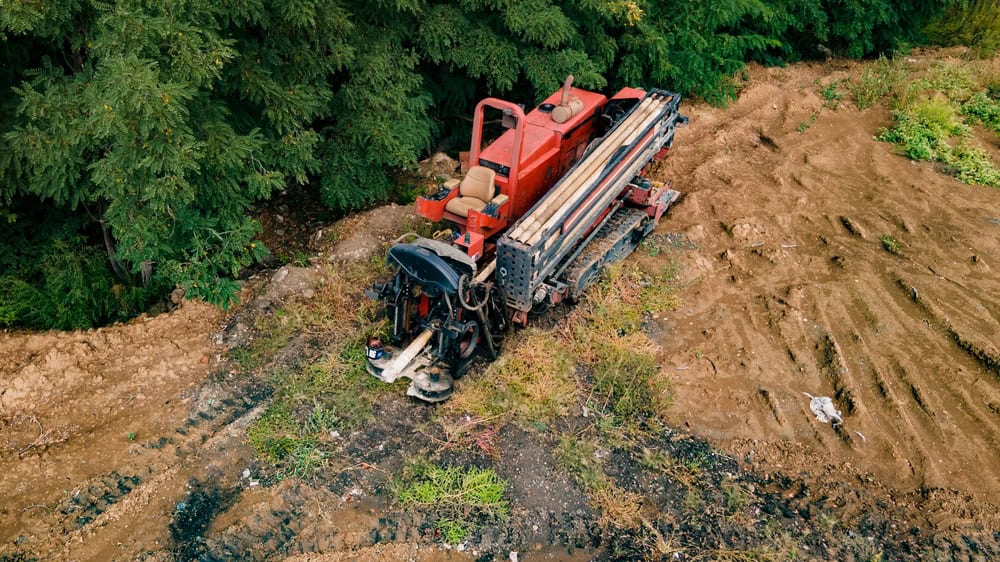A Guide to Choosing the Right Water Line Material for Replacement
Understanding the Importance of Water Line Materials
Water lines are the unsung heroes of your home’s plumbing system, delivering the essential resource that sustains everyday life. Over time, wear and tear can cause water lines to degrade, leading to leaks, reduced water pressure, and even contamination. When faced with the need for water line replacement, selecting the most suitable material becomes a crucial decision that impacts the system’s longevity and efficiency.
Pros and Cons of PVC Water Lines
Polyvinyl chloride (PVC) has become a popular choice for water line replacement due to its affordability and ease of installation. PVC pipes are resistant to corrosion, ensuring a longer lifespan and reduced maintenance needs. They’re also lightweight and resist root intrusion, which can be a common issue in underground pipes. However, extreme temperatures might cause PVC pipes to crack, potentially leading to leaks.
Exploring the Benefits and Drawbacks of Copper Water Lines
Copper water lines have been trusted in plumbing for generations. Their durability, heat resistance, and resistance to corrosion make them a prime choice. Copper’s malleability simplifies installation, allowing for flexible configurations. Moreover, copper pipes have a proven track record of reliability. Nonetheless, copper’s upfront cost is higher, and the installation process, often involving soldering, can lead to increased labor expenses.
The Upsides and Downsides of PEX Water Lines
Cross-linked polyethylene (PEX) water lines are a modern solution gaining popularity. Their flexibility eases installation, reducing the need for elaborate joint systems. PEX pipes are resistant to freezing, making them a robust option in colder climates. They’re also less prone to corrosion. However, PEX pipes are sensitive to UV rays and may degrade when exposed to sunlight, limiting their outdoor use. Additionally, they’re not ideal for hot water distribution.
Assessing the Pros and Cons of HDPE Water Lines
High-density polyethylene (HDPE) water lines offer impressive durability, making them suitable for various installation scenarios. These pipes are highly resistant to chemicals and have a longer lifespan than some alternatives. HDPE pipes’ leak-resistant fusion joints contribute to their reliability. Yet, the upfront investment for HDPE pipes can be higher, and their installation might require specialized equipment and skills.
Making the Right Choice for Your Water Line Replacement
With various water line materials vying for your attention, making an informed choice requires a comprehensive assessment. Consider factors like your budget, the local climate, your household’s specific needs, and the projected lifespan of the chosen material. Consulting experts like Long Island Sewer and Water Main can provide invaluable insights tailored to your circumstances. Our team is dedicated to guiding you toward a well-informed decision that ensures a dependable and efficient water supply for years to come.
Choosing the ideal water line material for replacement involves considering multiple variables that influence the system’s performance and longevity. Each material brings its own strengths and limitations to the table. By carefully evaluating your requirements and seeking professional advice, you’ll make a choice that guarantees a reliable and lasting water supply system. At Long Island Sewer and Water Main, we’re here to support you in making the best decision for your water line replacement needs. Reach out to us today for expert guidance and top-notch services.





